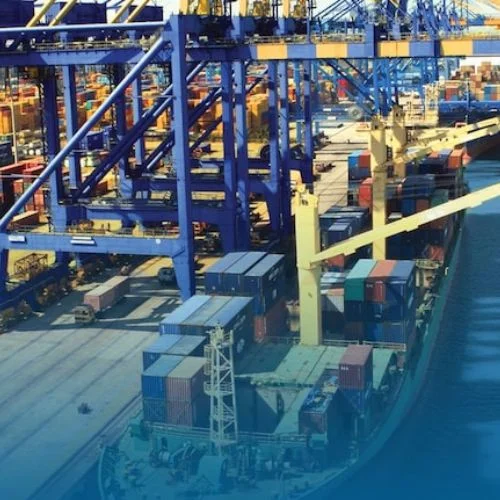According to Reuters, Nvidia has informed customers that the debut of the H20 chip, one of three chips it is building in response to the Biden administration’s increased restrictions on China shipments last month, would be delayed until early next year.
Nvidia Corporation is a technology corporation best known for its graphics processing units (GPUs). Jen-Hsun “Jensen” Huang, Curtis Priem, and Chris Malachowsky formed the firm in 1993, and it is located in Santa Clara, California.
The creators of Nvidia thought that a specialized GPU would be required for computer graphics to improve. Computer games were once totally CPU-based. However, game technology was evolving, and it was gradually transitioning from MS-DOS to Windows. Graphics, particularly 3D graphics, required significant floating-point math computation, and the CPU’s math coprocessor was simply insufficient.
Nvidia has grown into high-performance computing (HPC) and artificial intelligence (AI) since establishing itself as the leading graphics chip vendor for gaming. The same game processors are employed, but they have been repurposed for the various computing duties.
According to Reuters, the L20 PCIe chip should stay on schedule, but the condition of the L2 PCIe chip is uncertain.
The new restrictions, which expand upon new export rules put in place last year, are designed to limit China’s access to “advanced semiconductors that could fuel breakthroughs in artificial intelligence and sophisticated computers that are critical to (Chinese) military applications,” Raimondo said.
The guidelines also close a gap in prior limits that enabled Nvidia to market its A800 and H800 semiconductors by concentrating on total performance rather than individual chip processing capability.
Nvidia stated last week that as a consequence of the new laws, China sales will likely decrease “significantly” in the current quarter, clouding the company’s better-than-expected third-quarter profits.
“We had seen historically over the last several quarters that China and some of the other impacted destinations to be about 20% to 25% of our data center revenue,” Kress told investors on a conference call late Tuesday. “We are expecting in our guidance for that to decrease substantially as we move into Q4. The export controls will have a negative effect on our China business, and we do not have good visibility into the magnitude of that impact even over the long term.“















